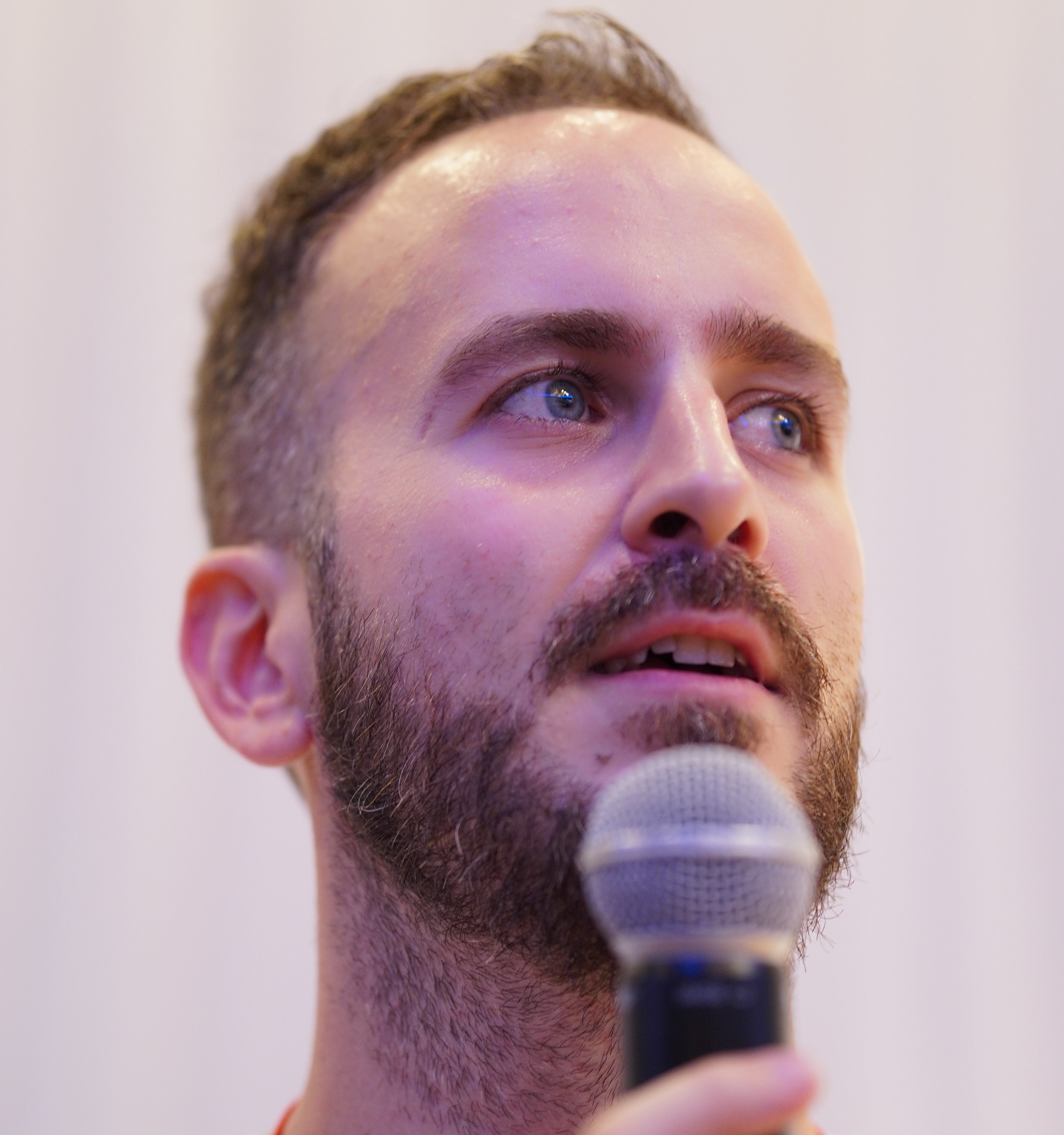Vision
Foundamental questions
Manuel’s research interests include formal definitions of agency, life and cognition. Specifically, his work focuses on questions regarding the differences between agentic vs. non-agentic systems, living vs. non-living organisms, and cognitive vs. non-cognitive architectures:
- Do sharp distinctions between these classes really exist?
- Are such distinctions meaningful?
- If there are no real distinctions, why are some systems perceived to be qualitatively different?
- What mathematical theories can we develop to highlight such apparent diversity?
With these core questions, his work touches also research on the definition and identification of observers, with ideas inspired by both autopoietic proposals in theoretical biology and frameworks based on Bayesian reasoning in cognitive science. How can we understand the role of observers in the definition of agency?
The origins of agents and observers
To study life and cognition, Manuel makes use of frameworks inspired by information theory, control theory, dynamical systems, (stochastic) thermodynamics and more recently (applied) category theory. In these approaches, observers play a fundamental role: entropy in both information theory and thermodynamics, observability properties in dynamical systems and the very definition of a target, or desired state, in control theory. Can we define observers in a way that unifies notions from all these different areas? What is the difference between observers and agents? Can observers not be agents? Is agency a property in the eye of the beholder (observers) or does is it capture some intrinsic property of a system? Can we study intrinsic goals and motivations of a system/agent, in an autopoietic sense, that specify and explain living and cognitive organisms without using observers? What does it mean that an agent is an autonomous system? Can non-agents become agents (and if so, how)? Can non-agentic parts be composed to form an agent (and if so, how)?
Unpopular opinion: the concept of agency captures mostly just a series of choices made by an observer (cf. intentional stance).
Less unpopular opinion: an interesting definition of agency could arise from the fact I used the word “mostly” in the line above.
The origins of life
Manuel stayed for a short period at EON (ELSI Origins of life Network) at Tokyo Tech. There, he worked on theories of the origins of life (Ool), with a special interest for proposals attempting to link Ool to information and control theory. Is homeostasis enough to explain the differences between living and non-living systems? Does control theory provide the right language to study homeostasis? Can information theory be used to define a useful (intrinsic) notion of information for living systems? Perhaps one that captures the crucial aspects of autopoiesis, beyond simple homeostasis? Can we ground these ideas into a phenomenological theory, thermodynamics, that allows us to derive a formulation of the statistical mechanics of living systems? For a brief overview: blogpost for EON.
In his spare time: trying to figure out what life is all about.
The origins of cognition
Manuel often works on models of minimal cognition. Where does cognition come from and what is its evolutionary role? In his studies, he usually looks at models of action and perception in the context of coupled agent-environment systems. During his PhD, he focused on a set of approaches based on information theoretic and dynamical systems, combining ideas of uncertainty inherent in information and estimation theory, with an understanding of time-evolving trajectories and phase spaces and their geometric properties in dynamical systems. More recently, he has been looking at models of policy selection and decision making inspired by definitions of time-reversal symmetry in stochastic thermodynamics (cf. detailed balance, zero entropy production).
Generally: somewhat unsure about (but attracted by the idea of) a life-mind continuity thesis.
